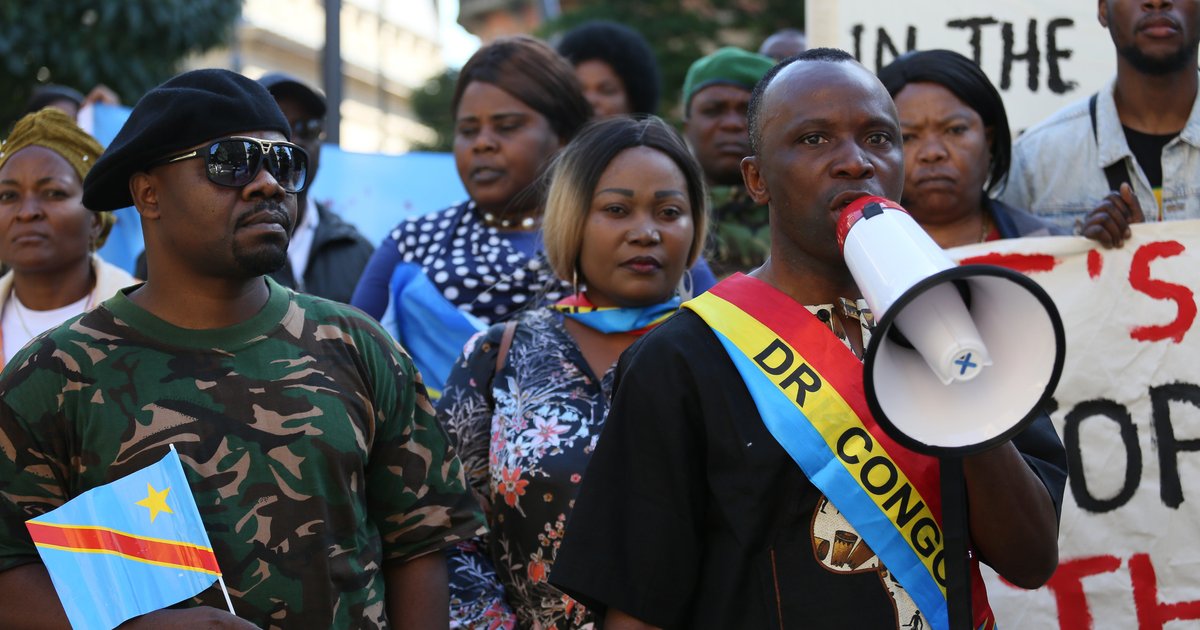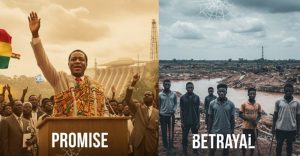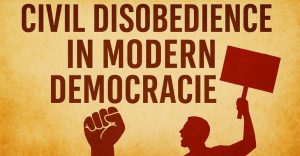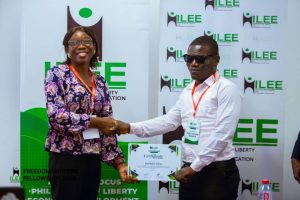
The Democratic Republic of the Congo (DRC) is once again mired in a state of crisis. Endowed with abundant natural wealth, it continues paradoxically to be one of the lowest-developed countries in terms of human development. Chronic armed conflict, endemic state corruption, and external interference have locked the Congolese into perpetual cycles of violence and poverty. This is no coincidence. The unavoidable consequence of a system characterized by the dynamics of state power, poor economic management, and external pressures has combined to undermine individual freedoms and economic freedoms. To figure out how the DRC got here and how this crisis can be brought to an end, we must look at its historical genesis, present context, and potential future trajectories from a libertarian standpoint. A peaceful, prosperous, and free Congo will not come from more government control and foreign intervention but from voluntary coordination, market-based solutions, and decentralization.
Historical Roots: Colonial Exploitation and State Control
The problems of the DRC did not begin yesterday. The country’s crisis dates back to its colonial history. When Congo was a colony of Belgium, King Leopold II turned Congo into his personal slave plantation. Millions were murdered in the brutal extraction of rubber and ivory. This was not capitalism; this was state-sponsored plunder, where private business was under the violent protection of a monopolistic state.
At independence in 1960, the DRC was left with weak institutions and deep ethnic cleavages. The assassination of its first Prime Minister, Patrice Lumumba—plotted by foreign intelligence agencies—cleared the path for Joseph Mobutu’s decades-long dictatorship. Backed by the West, Mobutu concentrated power, nationalized companies, and suppressed political dissent. His kleptocratic regime ran the economy into the ground, as state control of resources bred corruption and inefficiency.
In spite of the collapse of Mobutu in 1997, the DRC has remained a battleground for state-sponsored militias, foreign-supported rebels, and opportunistic politicians—each striving to get a part of the nation’s enormous mineral wealth.
The Current Crisis: A Result of Centralized Authority and Foreign Interference
Today, the conflict in eastern Congo is being driven by an array of reasons, ranging from ethnic conflict to competition for mineral resources and failure by the government of Congo to maintain law and order. However, a deeper analysis reveals that many of the issues are fueled by government policies and foreign intervention.
- Government Control Over Resources: The Congolese government, like Mobutu’s regime before it, has significant command over the nation’s natural resources. However, instead of being utilized to spur broad-based economic development, they are often sold to foreign companies in secretive deals that enrich the political elite. Chinese and Western multinationals still extract Congo’s minerals on terms that fill politicians’ pockets but leave local populations in poverty. The proceeds from natural resource exploitation are rarely invested in infrastructure, education, or security. Instead, they are spent on funding corruption and war.
- Militarization and Foreign Influence: The weak state institutions in the DRC have turned its eastern provinces into a battleground where numerous armed groups—some “alleged” backed by neighbouring countries like Rwanda and Uganda battle for control. Foreign powers move in not to stabilize the country but to seize control of its mineral resources. Rwanda, for instance, has been charged with supporting M23 rebels in a bid to control eastern Congo resources. Western powers, for their part, provide financing to the Congolese government, though they know that the majority of it is wasted on corruption.
- Economic Mismanagement and Overregulation: Instead of allowing free enterprise and voluntary exchange to flourish, the Congolese government has imposed burdensome regulations that deter entrepreneurship. Small businesses are bogged down by high taxes and bureaucracy, pushing many into the underground economy. Without secure property rights or trustworthy judicial systems, investors hesitate to put capital into productive ventures. The outcome is an economic situation in which only individuals with political connections thrive, but the majority of the population continues to live in poverty.
Potential Future Consequences: Increased Conflict or a Road to Freedom?
If the trends are not reversed, the DRC can only have a bleak future. The inability of the state to provide security and economic stability can lead to further disintegration as different regions fall under the control of warlords and foreign-backed militias. Increased militarization could bring in more Western intervention, which would only cause more instability than resolving the issues. The Congolese people will continue to suffer unless something changes for the better.
A Libertarian Vision of Peace and Prosperity
Congo’s salvation will not come from more government intervention or foreign aid. Rather, it needs to move toward market-oriented, decentralized, voluntary solutions that enable individuals and local communities to thrive.
- Decentralization of Governance: One governmental system in Kinshasa has proved inadequate to deal with the complexities of a vast and heterogeneous nation. Decentralization would provide authority to local populations to rule themselves, thereby reducing ethnic tensions and enabling locally relevant decisions. By reducing the authority of the central government, the impact of corruption at the national level on the daily lives of people would be diminished.
- Economic Liberalization and Property Rights: The Congolese government must shift from resource control to safeguarding the property rights of the populace and businesses. Allowing local populations to directly benefit from their land and resources will provide incentives for sustainable development. Foreign companies negotiating backroom deals with corrupt officials rather than an open and competitive market in which Congolese citizens are free to trade.
- Ending Foreign Meddling: Western nations and neighbouring countries must stop using the DRC as a battleground for their political and economic interests. A Congo that is sovereign requires that foreign intervention—military and economic—be curbed. Foreign assistance in the guise of propping up corrupt regimes should yield to the development of trade, investment, and voluntary cooperation among African nations.
- Promoting Private Security and Local Defense: Because the Congolese state has been incapable of providing security, local communities need to be allowed to defend themselves. Private security firms and communal defence forces can protect against militias without relying on a corrupt army. Decentralizing security enables the local populations to reclaim control of their own security.
- Fostering Technological and Financial Innovation: The DRC must embrace decentralized financial networks like cryptocurrency to bypass corrupt banking networks and foreign-dominated financial institutions. Blockchain technology and mobile banking have the potential to empower citizens by providing them with financial autonomy and reduced reliance on a predatory state.
Conclusion: A Free and Independent Congo is Possible
The Democratic Republic of Congo does not need another strongman, another foreign intervention, or another top-down government program.
What it requires is economic liberty, decentralized government, and voluntary exchange.
The world economic order has long viewed Congo as material to be plundered and not as a nation of people who have rights and dreams.
But the people of the DRC are entitled to the opportunity to write their own history without the yoke of state regulation and foreign rule.
The Congo crisis is not an insoluble problem—it is a man-made disaster that can be undone by restoring personal liberty, securing property rights, and allowing free markets to function. The era of top-down solutions has passed. The hour of bottom-up empowerment, decentralization, and liberty has arrived. The future of Congo should be in the hands of the Congolese, not the boardrooms of foreign multinationals or the palaces of corrupt dictators.
Haleed Sulemana Namyella (sulemanahaleed@gmail.com) is a Human Rights Advocate & Development Professional . He Serves as a research Associate of the Institute for Liberty and Economic Education (ILEE).
DISCLAIMER: “The views expressed on ileeghana.org are not necessarily those of Institute for Liberty and Economic Education (ILEE)”.





